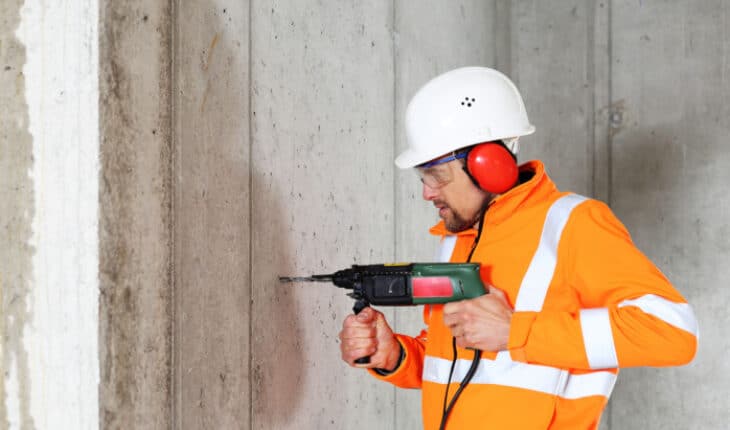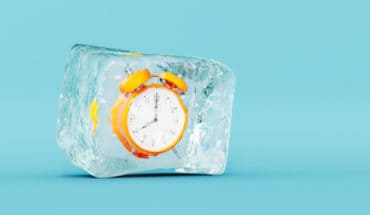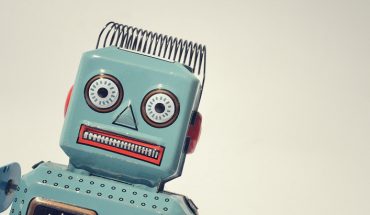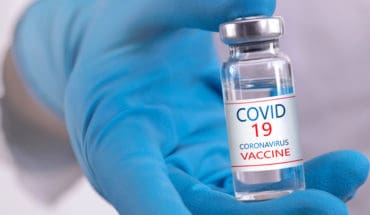Tinnitus UK is calling for people to protect their ears when at work or enjoying noisy leisure activities, as new data shows 35% of people with tinnitus say their condition was caused by being around loud noises.
One in seven adults are affected by tinnitus – which is a condition that causes the perception of noise when there is no external source. Studies suggest the number of people with tinnitus will grow by half a million over the next decade. There is currently no cure for the condition.
Now, a new report from Tinnitus UK, marking the start of #TinnitusWeek 2023 (6-12 February), calls for people to protect their ears, which will reduce the damage caused by excessive noise exposure. This damage includes tinnitus and hearing loss, both of which can be permanent.
The report, ‘A lot to lose: noise exposure and tinnitus’, which includes new research of almost 800 people with tinnitus, reveals that over a third (35%) of people believe their tinnitus was caused by loud noise exposure. This could mean that 2.7 million adults in the UK had their condition triggered by noise. Surprisingly, twice as many men (48%) as women (24%) claim noise exposure as a trigger.
Shockingly, four out of ten (39%) respondents who were exposed to noise at work “never” used hearing protection and only a quarter (24%) “always” or “sometimes” used hearing protection.
There are similarly low levels of use of hearing protection for leisure activities.
Despite power tools such as drills reaching 100dB (20dB over the safe sound level), only a quarter (26%) of DIYers “regularly” or “sometimes” use hearing protection. Even fewer – 23% of attendees – use hearing protection at live music events, where safe exposure times can be as short as 1 minute, as levels can reach over 112dB.
Motorcyclists are also putting themselves at risk of tinnitus and hearing loss when out on their motorbikes, with only a third (29%) “regularly” or “sometimes” using hearing protection.
Tinnitus UK also asked about activities that many do not realise can reach harmful noise levels. Some Tube lines can reach almost 110dB, yet less than one in ten (8%) of Tube users “regularly” or “sometimes” use hearing protection. Some hairdryers can reach 95dB at high speed, but only 8% of people use hearing protection when drying their hair.
Caroline Savage, Interim Chief Executive of Tinnitus UK said: “Noise exposure is the single biggest preventable cause of tinnitus, and it is clear from our research that people appear to be unaware of the risks. If you’re doing something that’s loud, even for a couple of minutes, use hearing protection. When it’s loud… Plug’em is our very clear message.”
She added “We’re not here to stop people taking part in activities that they enjoy, but to make sure that they enjoy them safely. We want protecting your ears to be second nature – the same way we put on sunscreen and sunglasses in the summer or belt up when we get in the car. There should be no stigma around using ear plugs or ear defenders – we only have one pair of ears, and damage to our hearing is irreversible.”
Record company employee and music fan Jo said: “Sometimes the ringing in my ears is louder than everything else and I have to take time to zone out and get my composure back and be able to hear things around me again. Initially the ringing stopped me from sleeping – I eventually got used to it. For a long time at the start the new sounds and things that tinnitus brought disrupted a lot of what I was doing. I take full responsibility for it, I should have worn earplugs for gigs – I didn’t do it until it was too late and the ringing didn’t stop.”
Wesley’s* tinnitus and hearing loss began during his time as armed forces aircrew and led to a medical discharge. He explains: “I try my best to ignore it but it can often be very loud when trying to sleep. At work it becomes a problem when I have to join in a meeting, do online training or just talk to someone. With the Covid-19 lockdown I have learnt that I have become very reliant on lip reading and if I can’t lip read then I do not take in what is being said.”
Fellow sufferer Jag explains the impact on their daily life: “Tinnitus changed my life. I can’t go to events, restaurants, bars etc. I can’t work in a busy office. It’s worse when I have a cold and sleeping is difficult.”
Mervyn’s experience is similar: “Tinnitus restricts my everyday activities, forcing me to wear earplugs when outside and ear defenders when driving. I can no longer attend any concerts or football games and have to avoid any ‘lively’ pub or restaurant. It makes me depressed.”
Rowan*, who believes her tinnitus was caused by noise exposure said: “Tinnitus impacts my day to day. I can always hear it and it can be very distressing when I realise that I am 25 and have to deal with this for the rest of my life. I have to work with either white noise or music. I can never sit in silence. It feels like it’s crushing my head. I have to come to terms with the fact that I will never experience true silence again. It’s heartbreaking and it’s exhausting.”
More information about noise exposure and hearing protection can be found at tinnitus.org.uk/join-the-cause/plugem. Tinnitus UK’s team of trained advisers are able to offer help and support on 0800 018 0527 or via live webchat at tinnitus.org.uk
Some names* have been changed to protect privacy
- Combination of drugs could prevent thousands of heart attacks - 21st April 2025
- UQ Study Links Poor Teen Diets to Heavy Social Media Use - 21st April 2025
- Gut microbiome could delay onset of type 1 diabetes - 3rd April 2025






